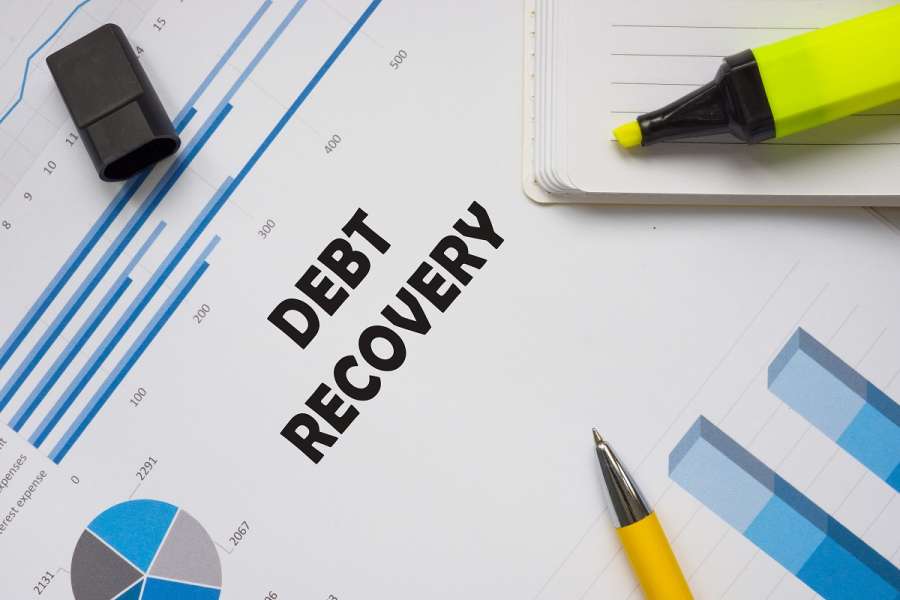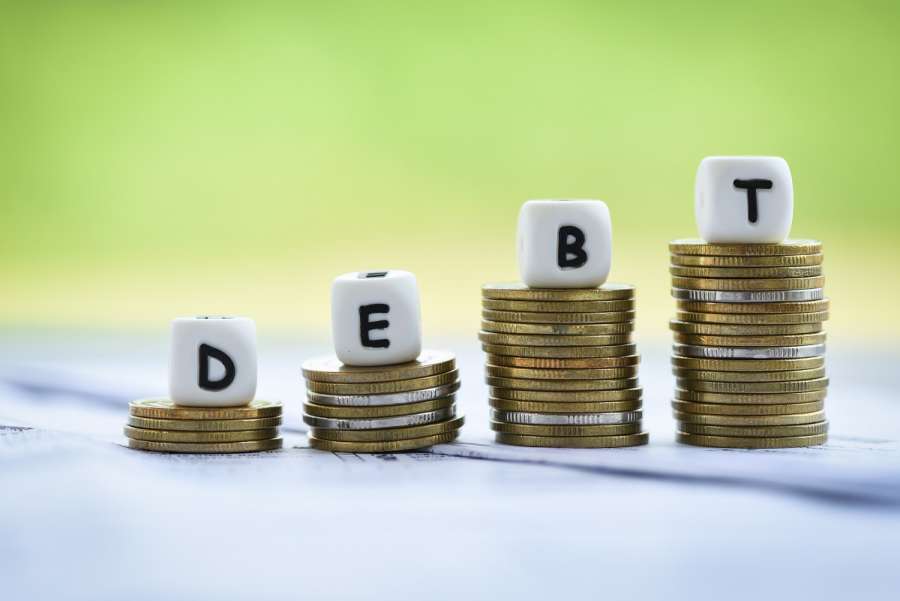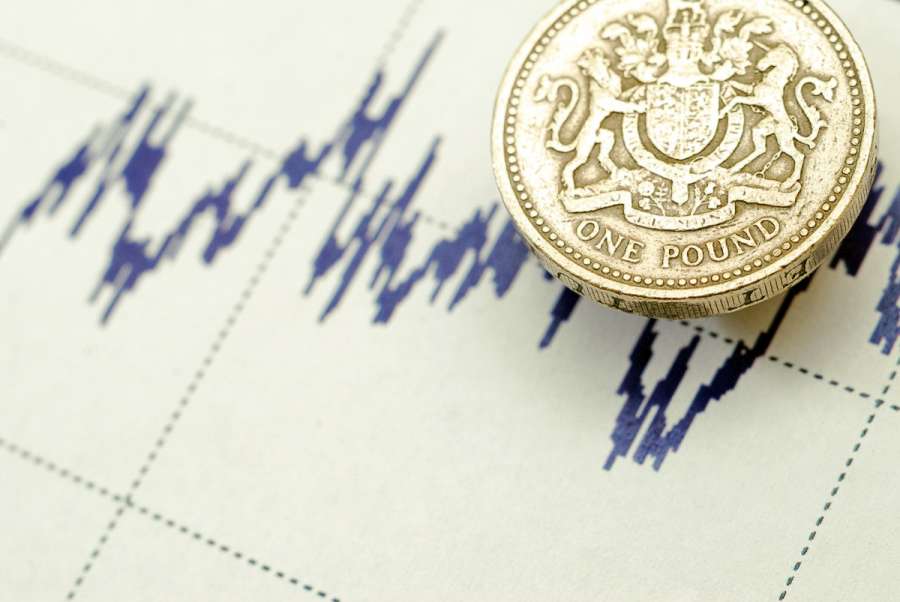If, as a business, you find yourself in a position where one of your customers is disputing a debt owed to you, there are a few steps you can take to try and recover the debt.
The evidence needed to pursue a claim
Before attempting to recover a business debt from a customer, you must first gather all of the evidence you have which shows that the debt is due and owing.
The easiest way to recover a debt is if you have a written and signed contract with your customer, which clearly shows both parties’ obligations.
For example, that you would supply goods or services to the debtor and what the debtor would pay for those goods or services.
However, you may have other documentary evidence, such as purchase orders, invoices or written correspondence which is evidence of how the debt has arisen.
Keeping copies of all correspondence and documents and your attempts to collect the debt or negotiate a settlement is important.
These will be required if your customer continues to dispute the debt and you instruct a solicitor to try and recover it for you.






